Chicago group works to reduce crime, violence
Inside a community center in one of most Chicago's violent neighborhoods, there's a surprising sense of calm and an unexpected promise of peace.
A new program, called She Ro, invites women at high risk from gun violence to come to the center four days a week for a year to learn ways to cope with trauma, anger and grief. Program developer Christa Hamilton said She Ro aims to "show (women) an exit," and provides coaching in the life skills that can put them on a different path.
Many of the women participating have lost a loved one to gun violence, which 21-year-old participant Kayla Medina says is "contagious" on Chicago's West Side. Medina lost both her sister and boyfriend to shootings, and said that she has found herself caught in the crossfire of gun violence "a million times."
"Every time I walk out the door, there's always something happening," Medina said. "It's always some gunshots."
She Ro is one of multiple community violence interventions in Chicago, where $300 million has been pledged for such programs in underserved and disinvested communities. Community violence intervention aims to stop crime before it happens. Trained specialists establish relationships with people at the highest risk of being victims or perpetrators of violence. The specialists also provide support services and often respond to crime scenes, working to de-escalate tensions and derail retaliatory attacks.
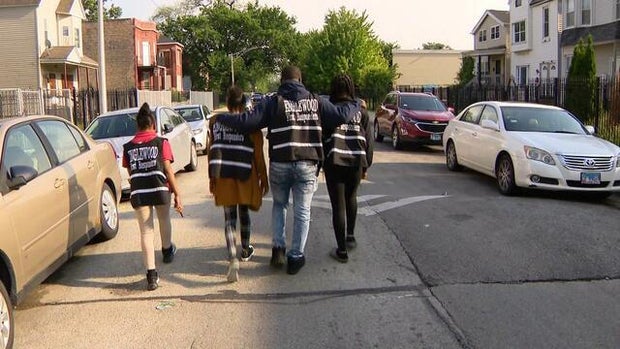 Participants in the She Ro program.
CBS Saturday Morning
Participants in the She Ro program.
CBS Saturday Morning
"The police cannot do this alone," Chicago police superintendent Larry Snelling said. "This is a societal issue. I don't want to go this alone. I don't want my officers to go this alone."
The University of Chicago's Chico Tillman has studied the cost of crime and the return on investments in intervention.
"When you think about it, when a homicide takes place, there's an investigation. The case goes to court. The case gets prosecuted. (There's) incarceration if they are found guilty. All the medical bills," Tillman said. "It costs society as a whole anywhere from $1.4 million to $2.5 million every time somebody is shot."
While men make up the majority of people shot or shooting, the number of women here involved is rising. Hamilton said that last year, 90 women in the area were killed by gun violence and nearly 500 more were shot.
For those in the She Ro program, the community program is a step forward.
"It hurts me to be around all this, but She Ro helps," one participant said.
- In:
- Chicago
- Gun Violence

 2 settimane fa
7
2 settimane fa
7

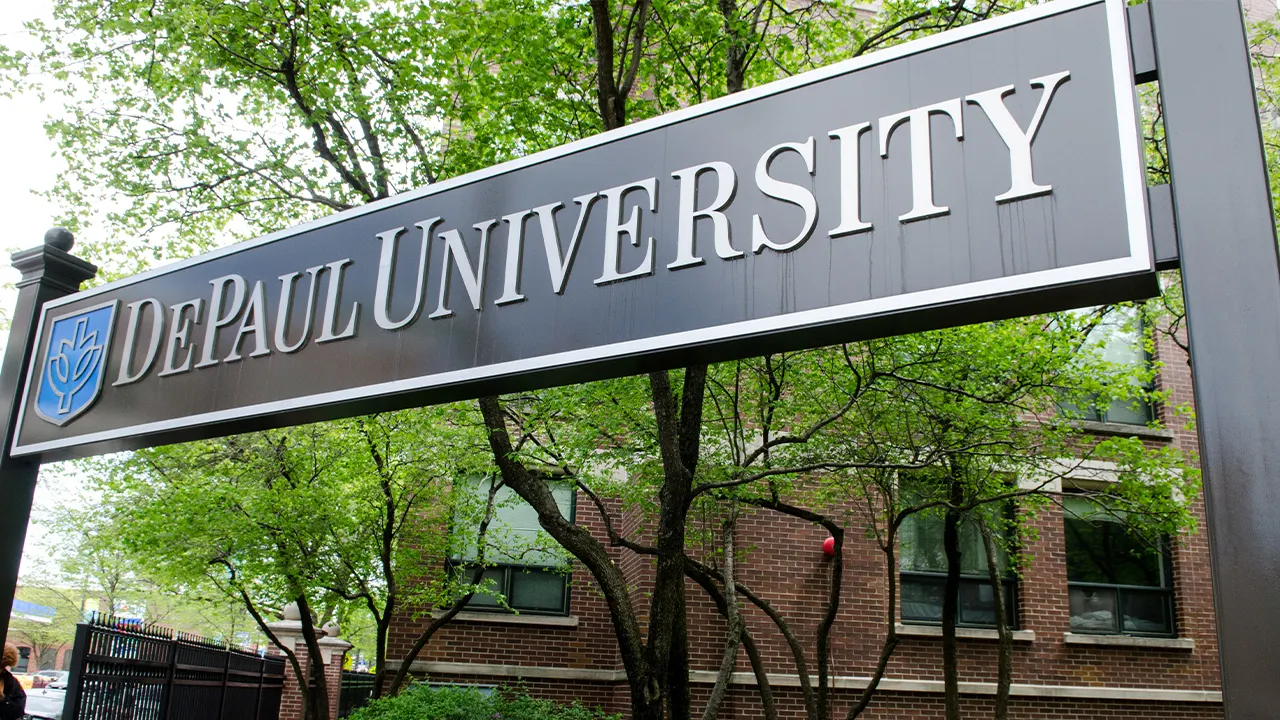

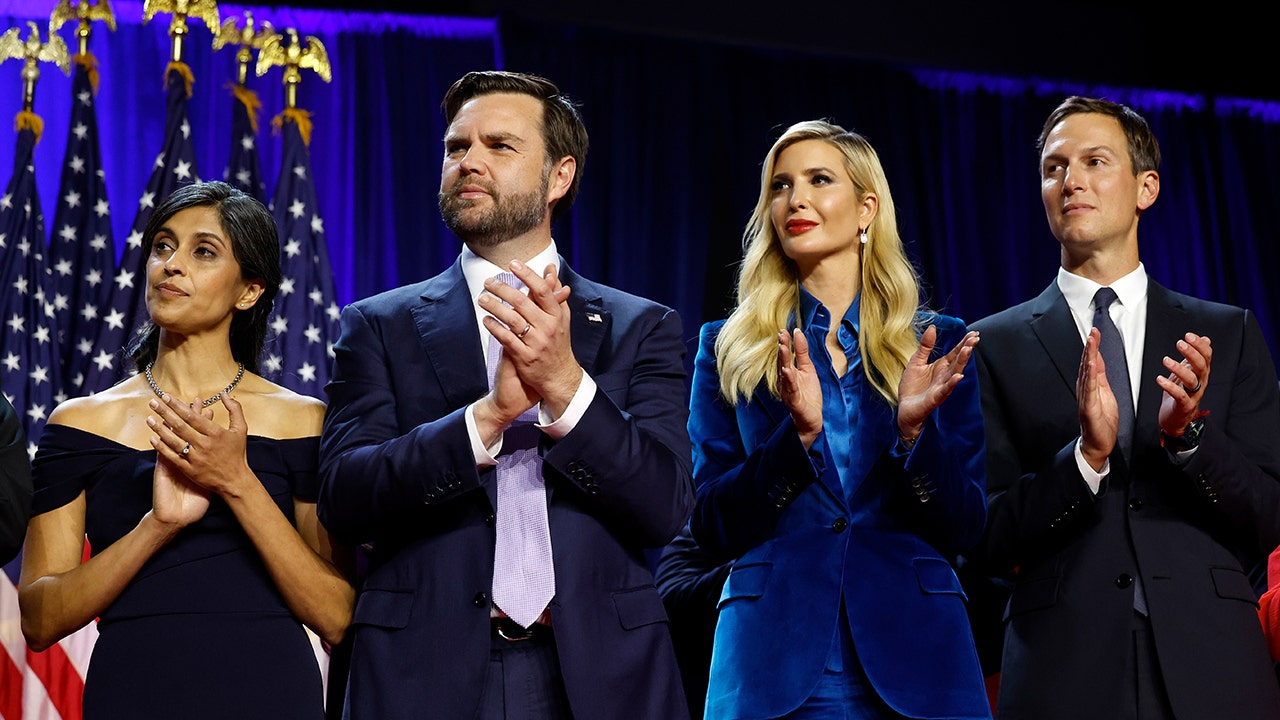
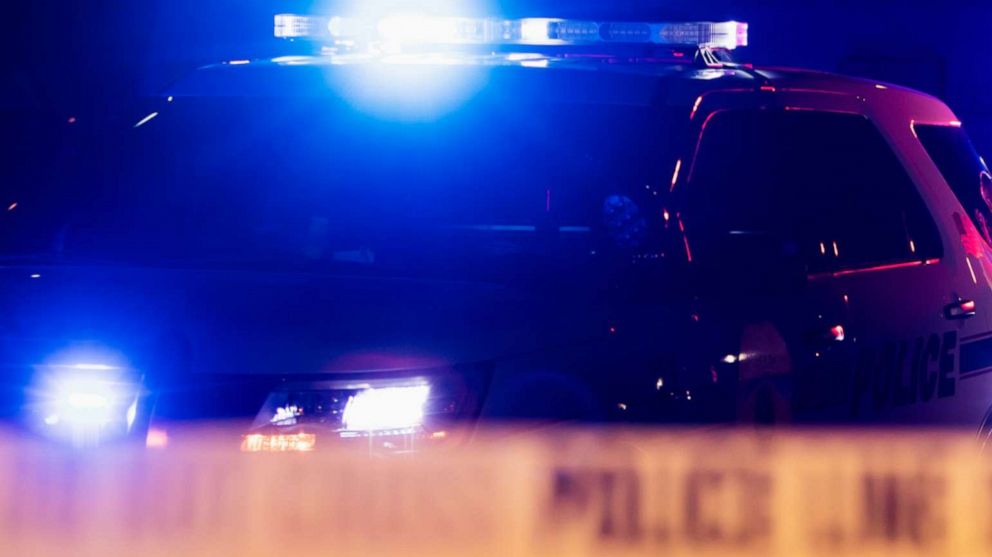

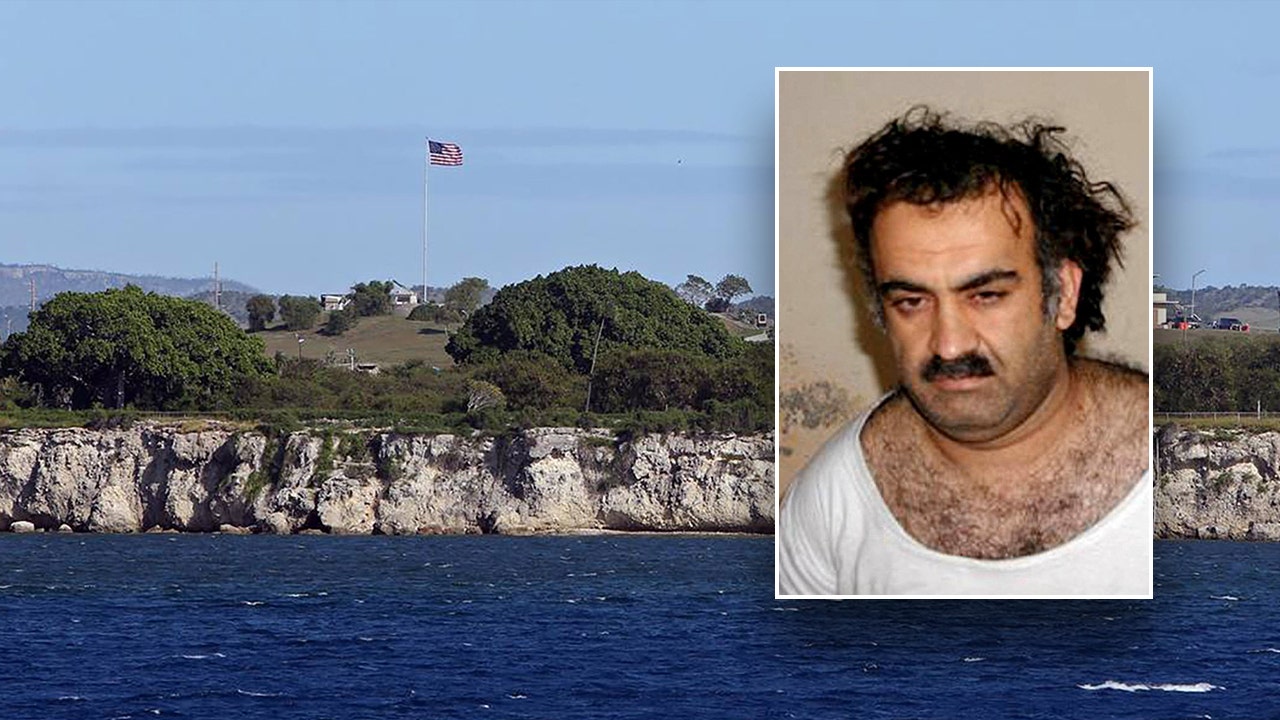
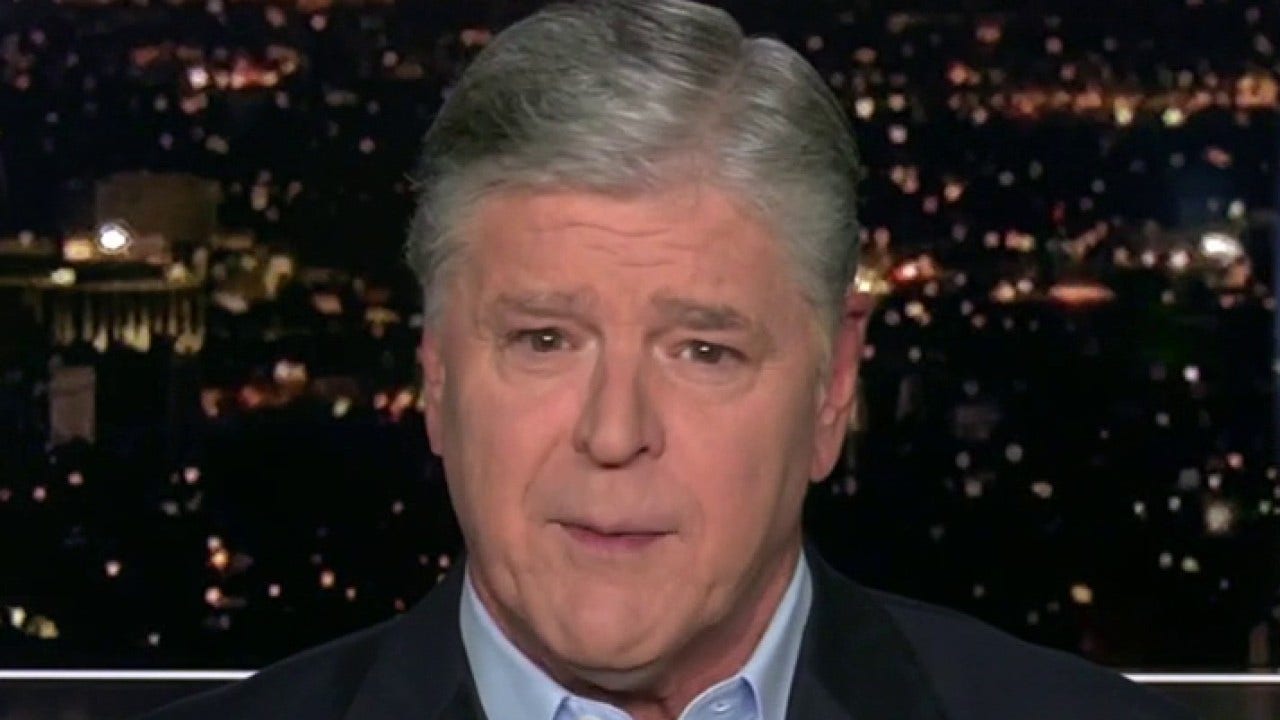
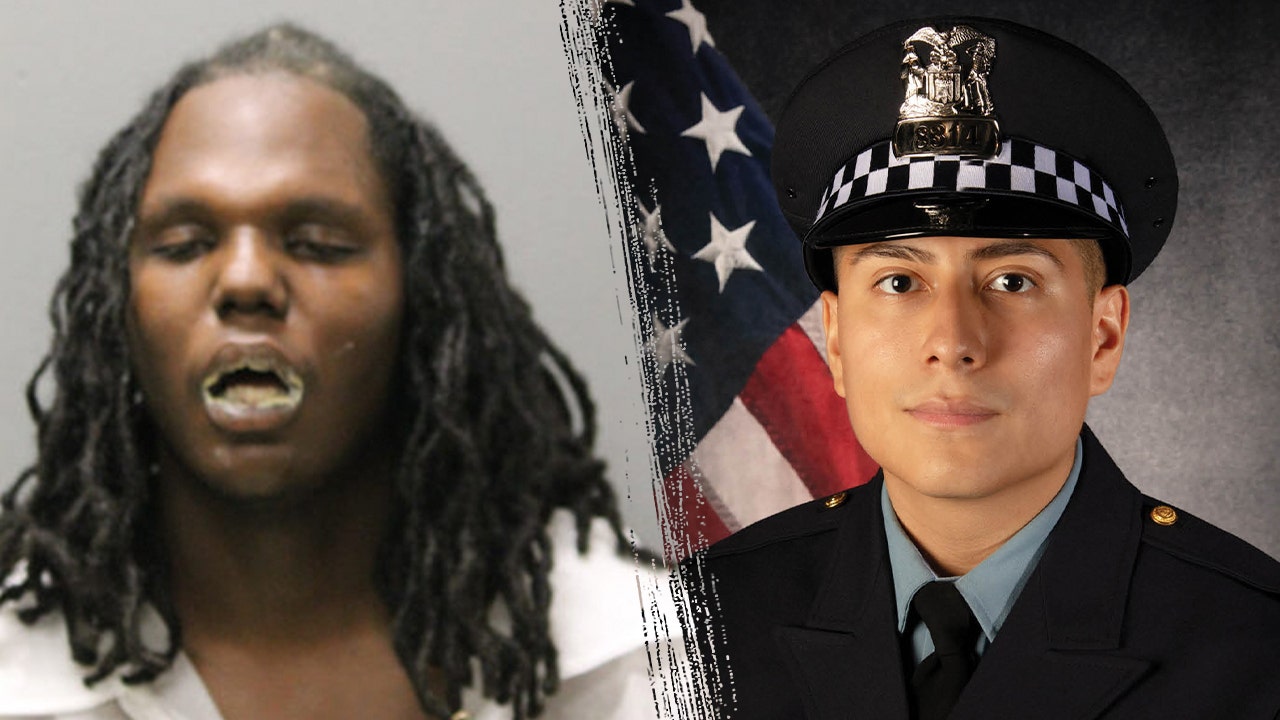
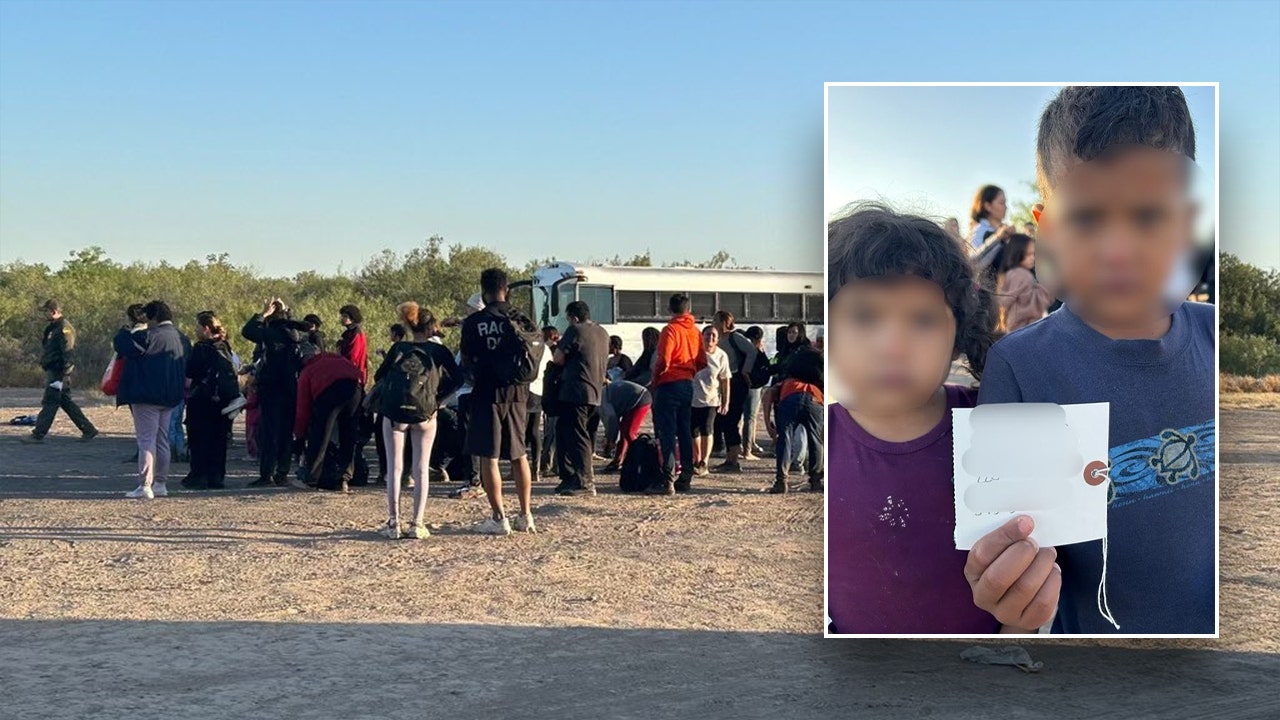


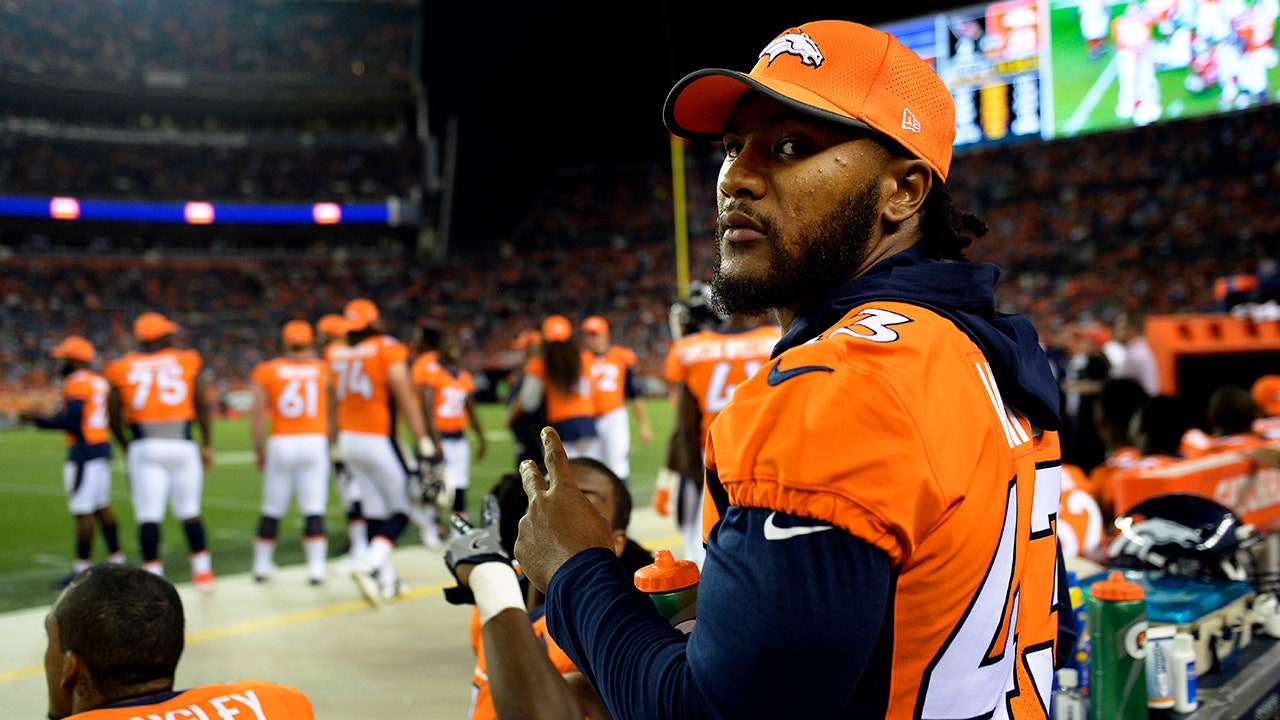

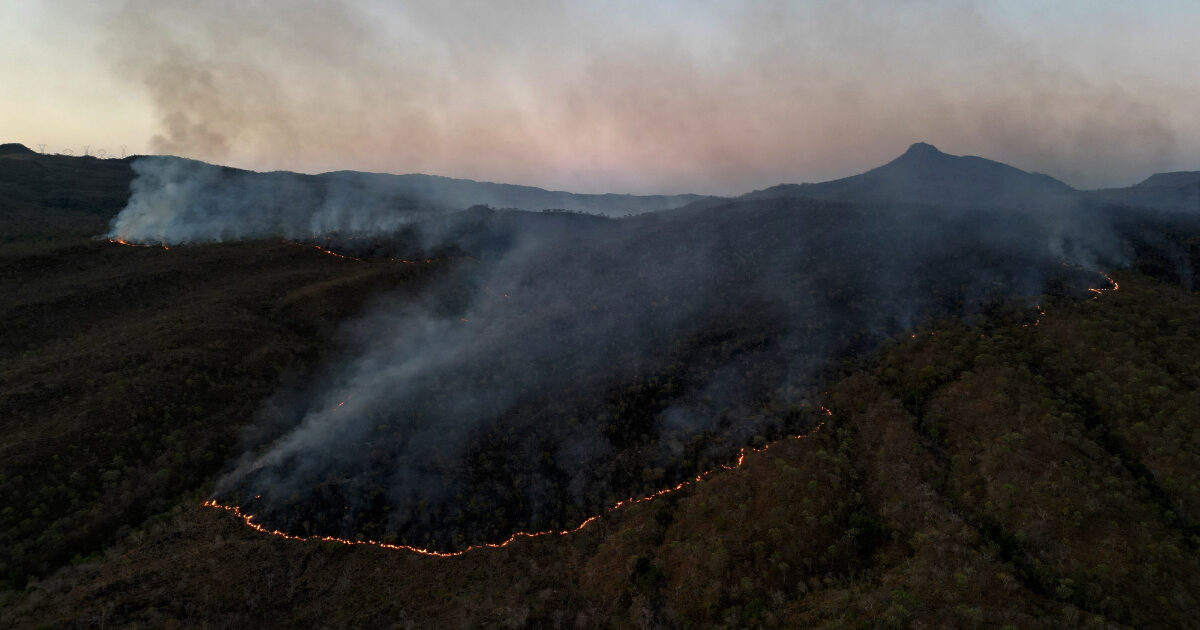

 English (US) ·
English (US) ·